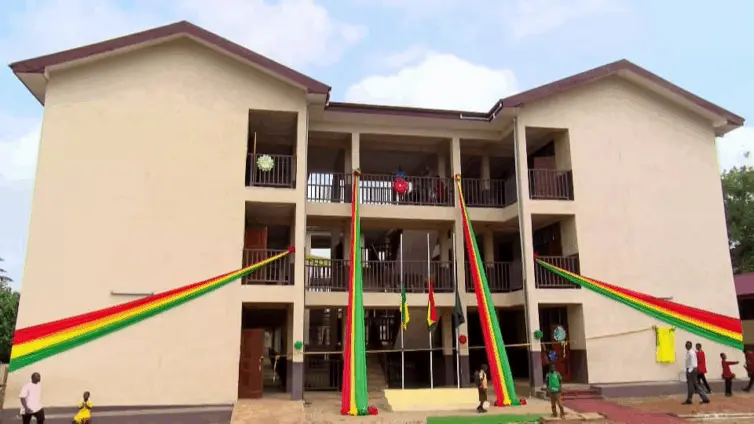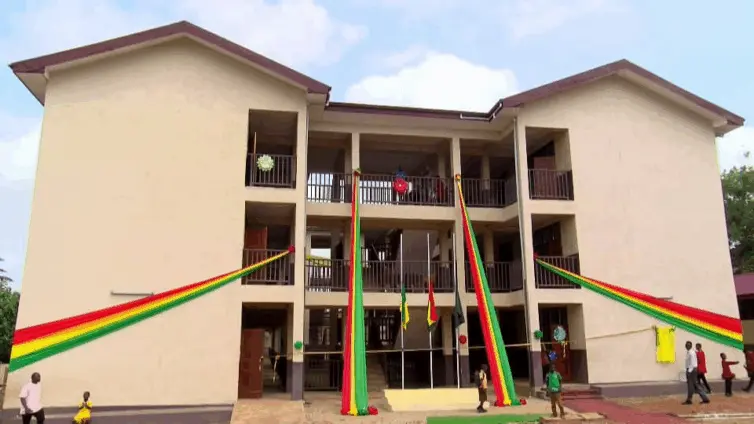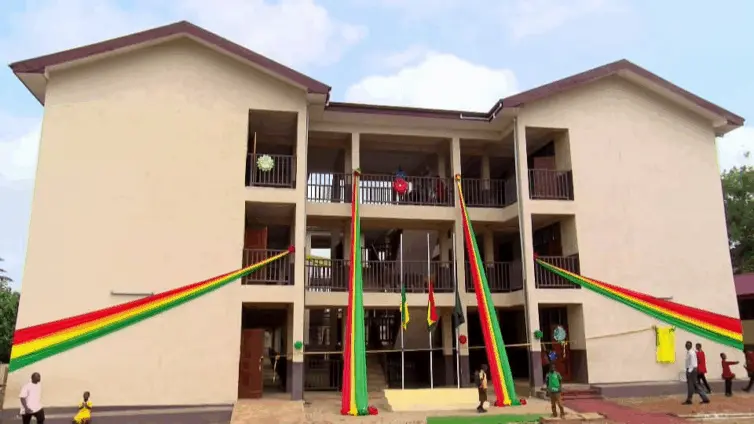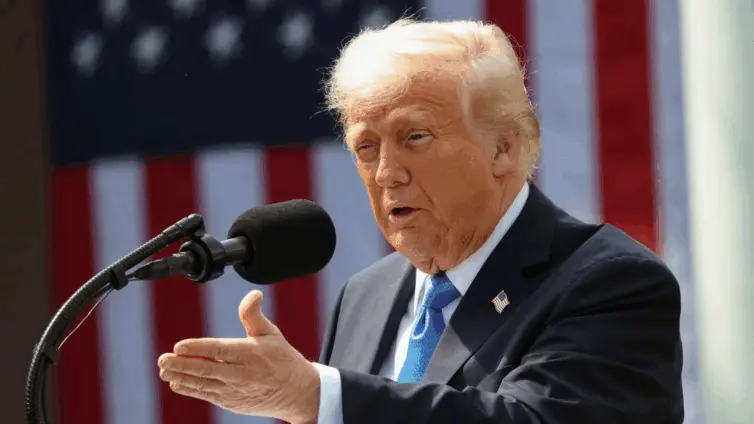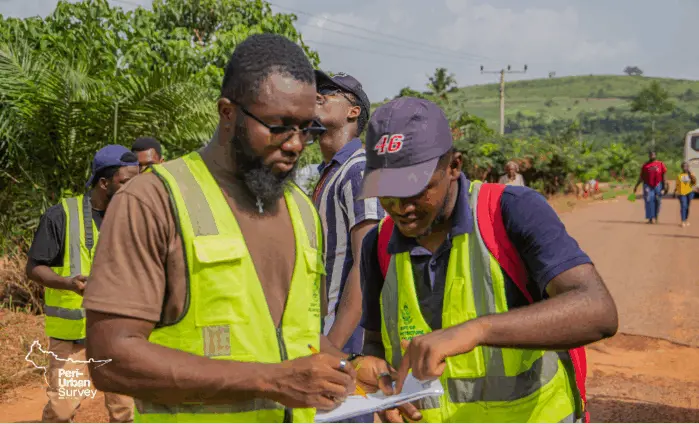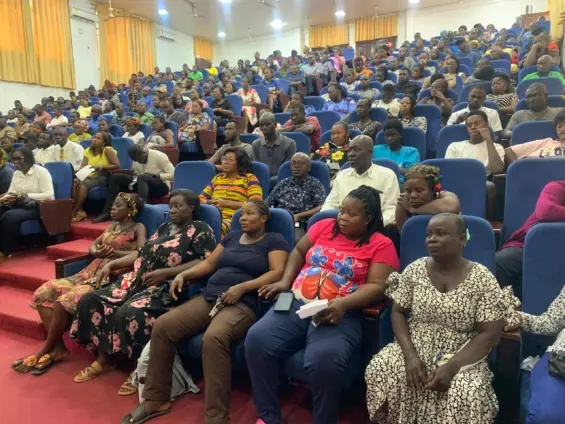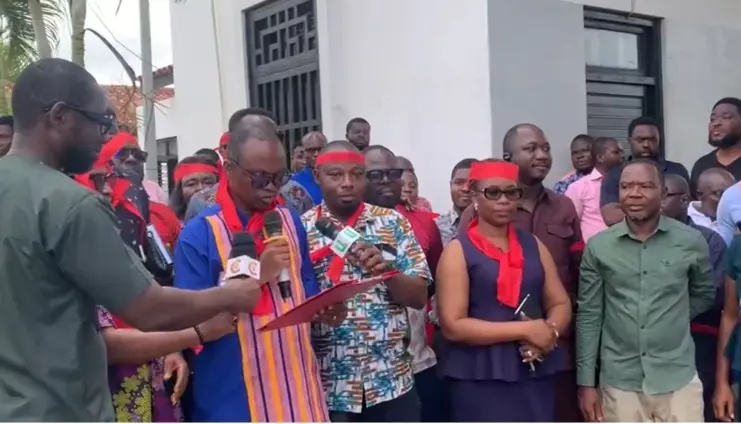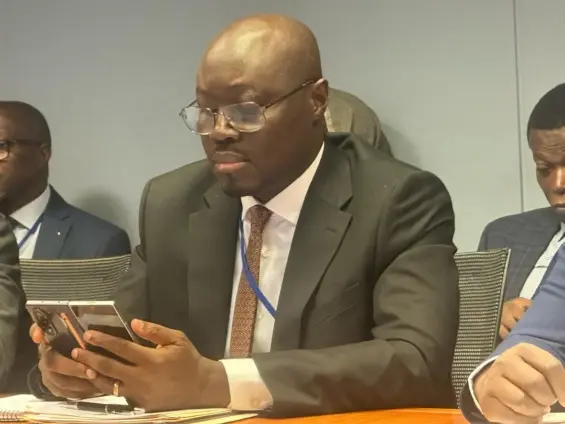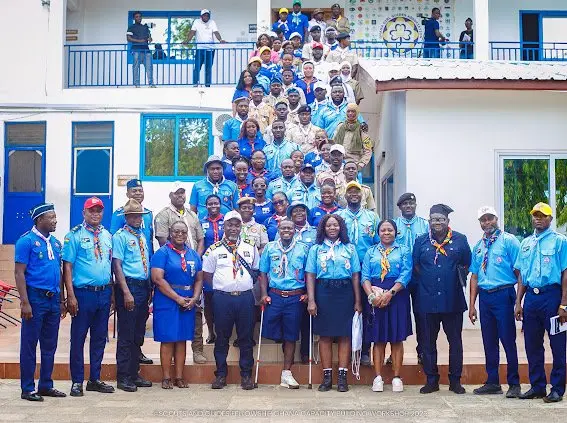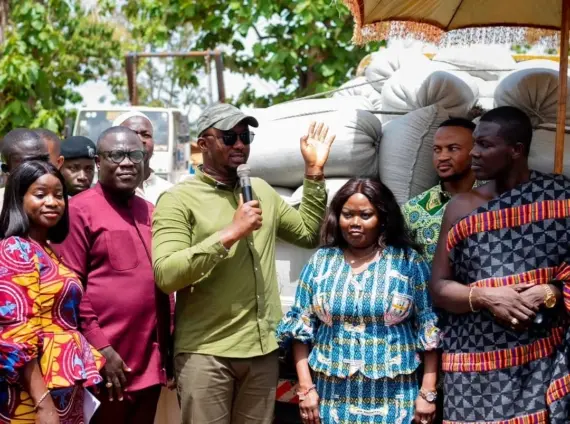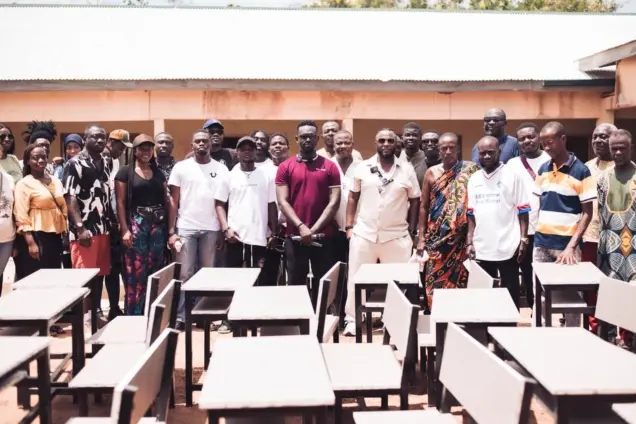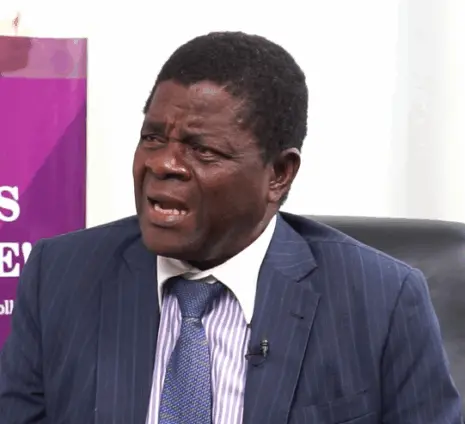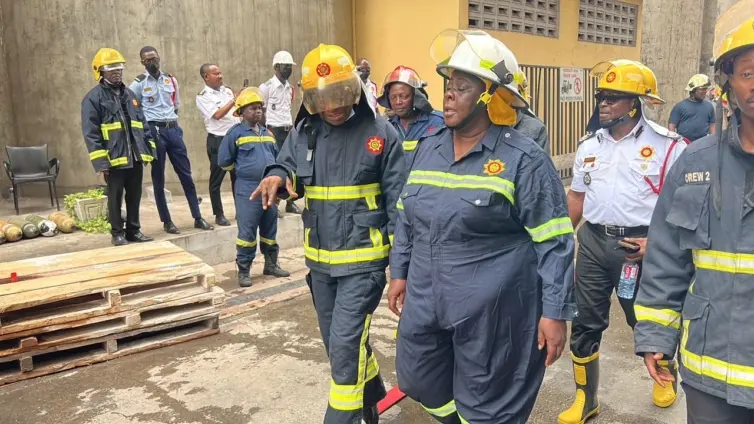In an era defined by interconnectedness and shared global challenges, the need for robust international collaboration in education has never been more critical. Recognizing this imperative, Ghana’s Minister for Education, Haruna Iddrisu, recently participated in the CODEWAY EXPO 2025 in Rome, Italy, an event focused on international development and innovative solutions. As Minister Iddrisu noted in a recent Facebook post, this participation underscores Ghana’s commitment to deepening international education cooperation. This dedication aims to not only improve Ghana’s own educational system but also to contribute to broader global goals of sustainable development.
Minister Iddrisu’s presence at the summit highlights the importance Ghana places on international education cooperation as a key strategy for national advancement.
The CODEWAY EXPO 2025 serves as a vital platform for countries to share insights and strategies for addressing complex global issues. This international exposition focuses on fostering development through innovative solutions. Minister Iddrisu’s attendance representing Ghana provided an opportunity to engage with global leaders and explore collaborative approaches to development challenges. “On the previous day in Rome, Italy, I had the privilege of representing Ghana at the CODEWAY EXPO 2025. During this event, I engaged with global leaders to explore innovative solutions for international development,” stated Minister Iddrisu. Ghana’s objectives for international development within its education sector are multifaceted, focusing on enhancing access to quality education, improving the relevance of curricula to meet the demands of a changing world, and fostering sustainable educational practices.
A significant part of Minister Iddrisu’s visit to Rome was a bilateral meeting with Italy’s Minister of Education and Merit, Giuseppe Valditara. This meeting provided a forum to discuss specific opportunities for educational cooperation between Ghana and Italy. “I also had a productive meeting with Italy’s Minister of Education and Merit, Giuseppe Valditara, where we discussed opportunities for enhancing educational cooperation between our two countries,” said Minister Iddrisu. The discussions centered on several potential areas of collaboration, including the sharing of best practices in curriculum development to ensure relevance and effectiveness, exploring teacher training and professional development programs to enhance the skills and knowledge of educators, and considering student exchange programs to promote cross-cultural understanding and academic enrichment. Further avenues explored included technical and vocational education initiatives to equip students with practical skills for the workforce.
This collaboration offers mutual benefits for both Ghana and Italy. By sharing expertise and resources, both nations can advance their educational development agendas. “Our dialogue centred on bilateral cooperation aimed at identifying avenues for collaboration in education and sharing best practices to advance educational development,” Minister Iddrisu explained. Such partnerships can lead to more effective educational policies, innovative teaching methods, and ultimately, better outcomes for students in both countries.
Ghana’s commitment to global education partnerships extends beyond its collaboration with Italy. The nation is dedicated to building strong relationships with other countries to foster mutual growth and facilitate the exchange of knowledge and resources. “These initiatives reflect our commitment to strengthening partnerships that promote mutual growth and facilitate knowledge exchange,” noted Minister Iddrisu. This commitment is rooted in the belief that collaborative efforts are essential for creating effective education systems and promoting sustainable development worldwide. As Minister Iddrisu stated, global collaboration is key to “shaping effective education systems and fostering sustainable development.”
International cooperation is paramount in addressing the multifaceted challenges facing education systems globally. By pooling resources, sharing innovative approaches, and learning from each other’s successes and failures, countries can collectively work towards creating more equitable, inclusive, and effective education systems. This collaboration enables nations to tackle issues such as access to education, quality of teaching, curriculum development, and the integration of technology in education. Furthermore, international partnerships can help address global challenges such as climate change, poverty, and inequality through education.
Minister Iddrisu’s participation in the Rome summit and his focus on international education cooperation underscore Ghana’s unwavering commitment to enhancing its education system and contributing to sustainable development goals. These partnerships are crucial for fostering knowledge exchange, promoting innovation, and ultimately, creating a brighter future for students in Ghana and around the world.
Image Source: MYJOYONLINE


